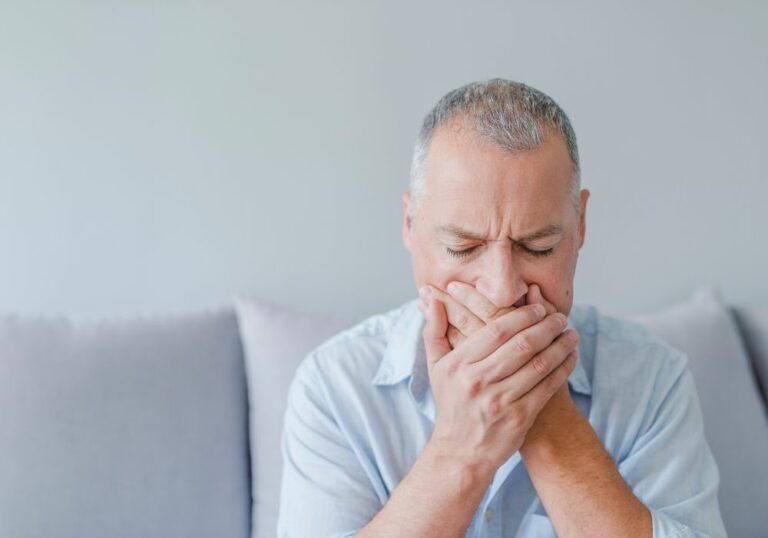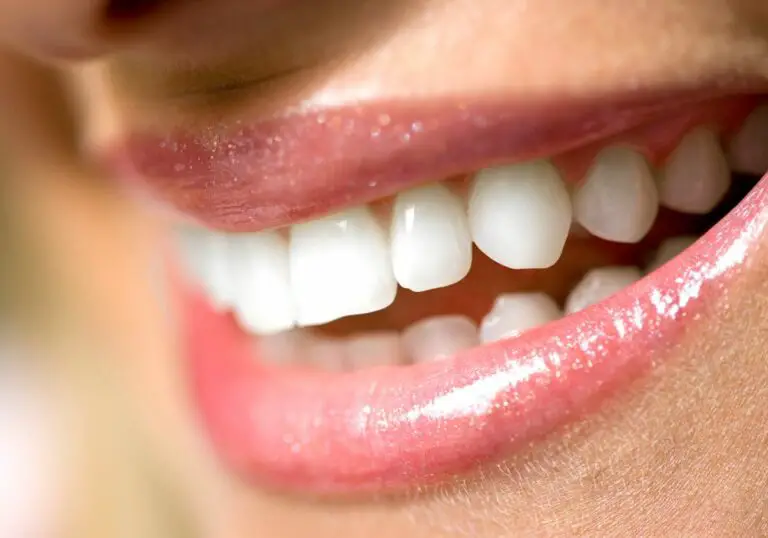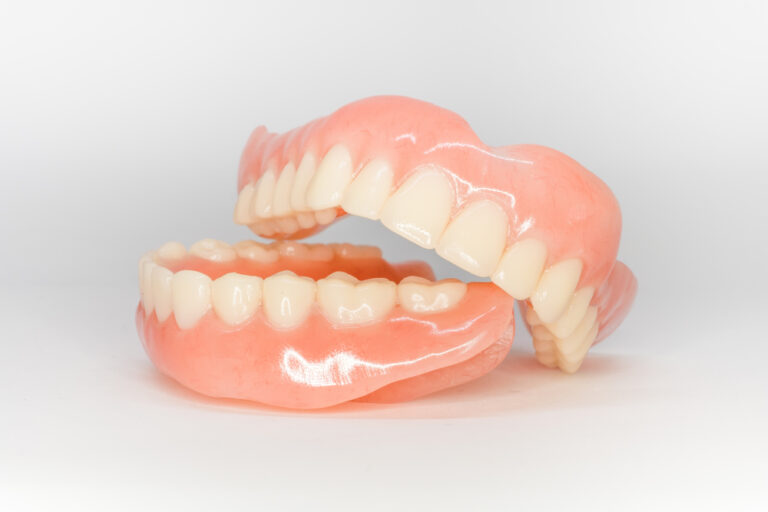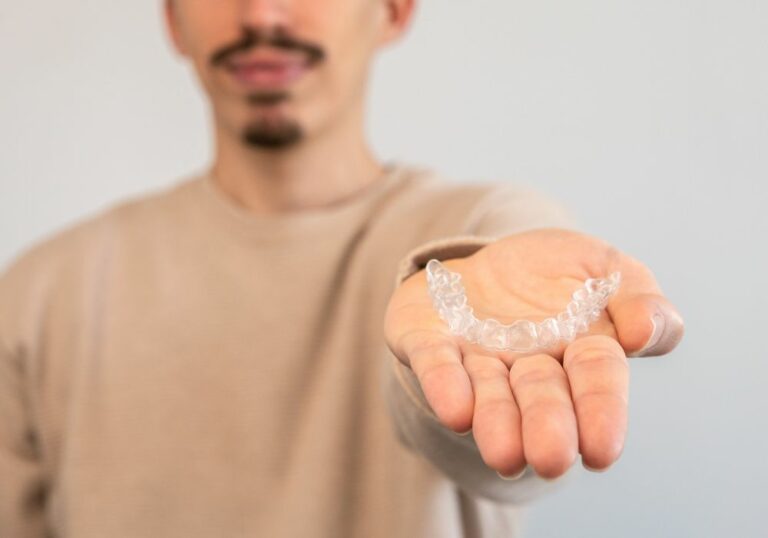Getting to the Root of That Pesky “Dirty Mouth” Feeling
Do you habitually run your tongue across your teeth expecting a nice, smooth surface, only to feel remnants of your last meal? Does your mouth feel grimy even right after a brushing? Many people can’t seem to get their mouths feeling truly clean. Read on to understand the science behind why you may constantly feel like your teeth are dirty and what you can do about it.
The Role of Plaque in Dirty Mouth Syndrome

Plaque is the primary culprit when it comes to a mouth that feels unclean. Plaque is a sticky film composed of bacteria, food debris, saliva, and dead cells that continuously forms on your teeth. Plaque buildup is the root cause of major oral health issues like cavities and gum disease, but well before it leads to such severe issues, it simply leaves your mouth feeling dirty.
Plaque begins accumulating on your teeth within minutes after you brush them. The bacteria in plaque thrive on sugars and starches left in your mouth after eating. They metabolize these carbohydrates and proliferate across your teeth and gums. As the plaque grows thicker, you may start to feel a slimy film collecting on your teeth, or notice a fuzzy texture developing on tooth surfaces and around the gumline. This plaque is what leaves your mouth feeling unclean even shortly after brushing.
Why Brushing and Flossing Does Not Keep Plaque Away Entirely
While daily brushing and flossing is important for controlling plaque, it does not fully prevent plaque from constantly resettling on your teeth.
Brushing primarily cleans the exposed front and back surfaces of teeth, but often misses plaque growing in hard-to-reach nooks and crannies. Flossing clears plaque from between teeth, but plaque may remain in uneven grooves on chewing surfaces, around dental restorations, and underneath the gumline.
To visualize how brushing and flossing leaves some plaque behind, imagine only washing the very front and back of your car, but missing the roof, wheel wells, and other recessed areas. Just like a partially washed car will quickly gather dirt in untouched areas, plaque gathers rapidly in the areas dental cleaning misses.
Even if you brushed and flossed impeccably, some plaque would still regrow right after, fueled by leftover food particles in your mouth. Meticulous oral hygiene can help minimize plaque buildup and remove some of the grimy feeling, but it is very difficult to get teeth completely and entirely plaque-free. This is why it’s common to feel like your mouth becomes dirty again within hours after a spotless brushing session.
Foods and Habits That Contribute to Dirty Mouth Syndrome

Certain dietary choices and habits make it especially easy for plaque to flourish, increasing that feeling that your teeth are never clean.
Foods that are sticky, high in sugar, or acidic tend to coat teeth and provide nourishment for the plaque-causing bacteria. Frequent snacking or sipping on sugary or acidic beverages like soda gives plaque bacteria a constant food source so they can multiply quickly.
Smoking is another factor that contributes to a mouth that feels dirty. Tobacco tar and nicotine create a sheen on teeth that brushing cannot easily remove. Smoking dries out the mouth, reducing saliva flow that helps naturally rinse away food debris.
Infrequent flossing also worsens dirty mouth syndrome. Flossing at least once daily clears out plaque that gets packed tightly between teeth before it hardens into tartar. Insufficient flossing allows plaque to thrive in hard-to-brush interdental spaces.
A worn-out toothbrush with flattened, frayed bristles also leads to inadequate plaque removal and escalates that lingering dirty feeling. Likewise, poor brushing technique prevents your toothbrush from effectively scrubbing plaque off all surfaces. Rushing through brushing leaves plaque behind.
When an Unclean Feeling May Indicate a Health Problem

Sometimes a mouth that feels dirty comes from more than surface plaque that daily cleaning cannot address. Constant unpleasant mouthfeel may be a sign of underlying oral health issues that require professional treatment.
Cavities create tiny holes and crevices in teeth where plaque easily collects. As the holes grow due to decay, they fill up with bacteria that are difficult to clean away with normal brushing. Gum disease also promotes an overgrowth of plaque below and between the gums. Excess plaque gets trapped in gum pockets, leaving your mouth feeling grimy.
Dry mouth and thick salivary gland secretions also encourage plaque buildup that cannot be brushed or rinsed away. Medical conditions, medicines, and aging can reduce saliva output needed to naturally cleanse the mouth.
See your dentist if excellent oral hygiene does not seem to resolve feelings of dirty teeth or if you notice plaque buildup between teeth. Treatments like fluoride or antimicrobial rinses, enamel sealants, and gum disease therapy can help when dirty mouth persists despite your best brushing efforts.
Tips for Getting Your Mouth Squeaky Clean

While a bit of plaque inevitably returns shortly after you brush your teeth, there are tips to maximize cleansing and combat dirty mouth syndrome:
- Brush teeth for a full 2 minutes: Set a timer and gently brush all inner, outer, and chewing surfaces.
- Floss thoroughly once daily: Don’t just snap floss between tight teeth. Contour floss closely around each tooth.
- Brush your tongue: Scrubbing your tongue removes bacteria that cause bad breath.
- Limit sugary and acidic foods and beverages: Avoid frequent snacking and rinse your mouth with water after eating.
- Use plaque-fighting mouthwashes: Look for antibacterial rinses with cetylpyridinium chloride or essential oils to help kill plaque bacteria.
- Replace your toothbrush regularly: Toothbrushes lose effectiveness after 3-4 months.
- Get professional cleanings every 6 months: Dental cleanings remove hardened tartar that you can’t brush away.
- See your dentist for any underlying issues: Get treatment for cavities, eroded enamel, gum disease, or dry mouth.
While a bit of residual plaque is inevitable, excellent oral hygiene can make a noticeable difference in keeping your mouth feeling fresh and truly clean. Talk to your dentist if you feel your teeth are constantly coated in grime despite your best efforts. With the right prevention and treatment, you can toss dirty mouth syndrome to the curb.






